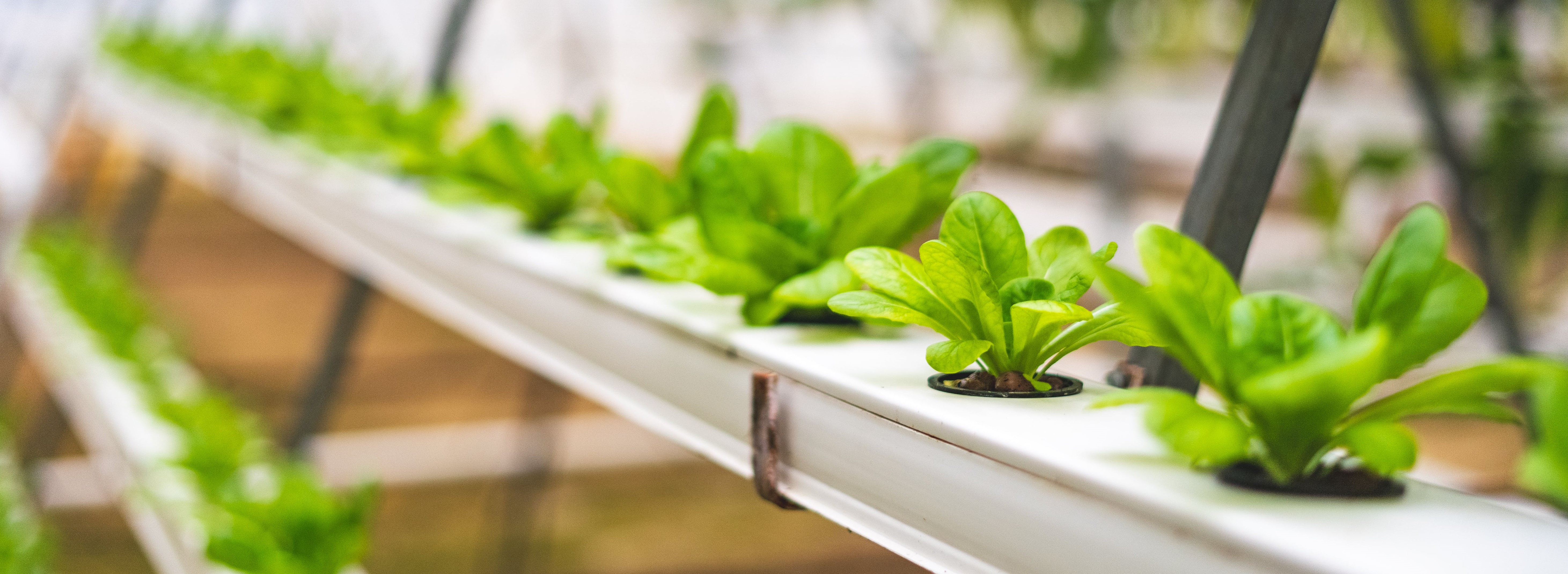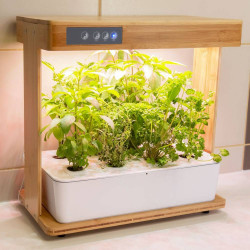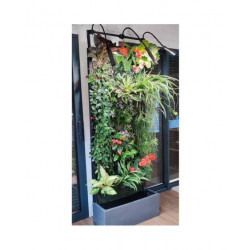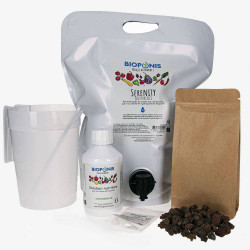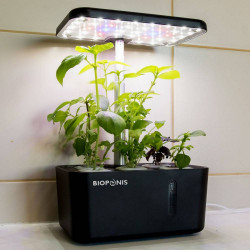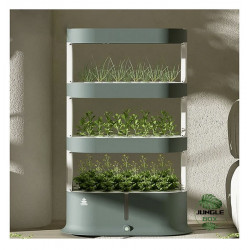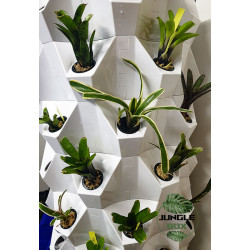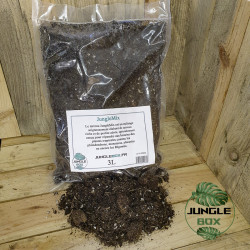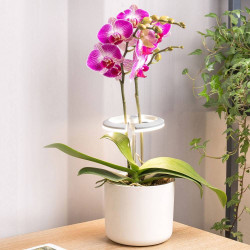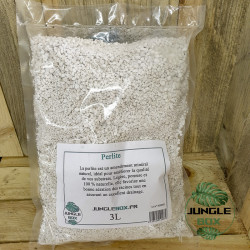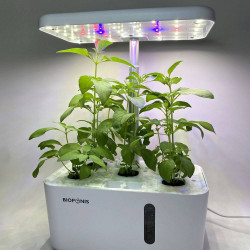Hydroponie
Hydroponics is a method of growing plants without traditional soil. Instead, plants are grown in a nutrient-rich water solution, providing all the necessary nutrients for their growth. Here are some key points about hydroponics:
-
Hydroponic Systems: There are several types of hydroponic systems, each with its own advantages and disadvantages. Some of the most common systems include Deep Water Culture (DWC), Ebb and Flow, Wick System, and Nutrient Film Technique (NFT).
-
Advantages of Hydroponics: Hydroponics offers several advantages over traditional soil-based growing. It allows precise control over nutrients and pH, more efficient use of water and nutrients, faster plant growth, and the ability to grow in restricted or indoor spaces.
-
Types of Crops: A wide variety of plants can be grown hydroponically, including vegetables, herbs, fruits, flowers, and even some ornamental plants. Common crops grown hydroponically include lettuce, tomatoes, cucumbers, peppers, and strawberries.
-
Plant Nutrition: Plants in hydroponics primarily receive their nutrients from the nutrient solution in which they are grown. This solution needs to be balanced with the right levels of nitrogen, phosphorus, potassium, and other essential elements to support healthy plant growth.
-
Environmental Control: Successful hydroponic growing requires careful control of several environmental parameters, such as temperature, humidity, light, and air circulation. Fluctuations in these parameters can impact plant health and growth.
In summary, hydroponics offers an innovative and efficient method of plant cultivation, suitable for a variety of applications ranging from small-scale home systems to large commercial installations. With proper planning and management, hydroponics can produce abundant, high-quality crops year-round.
